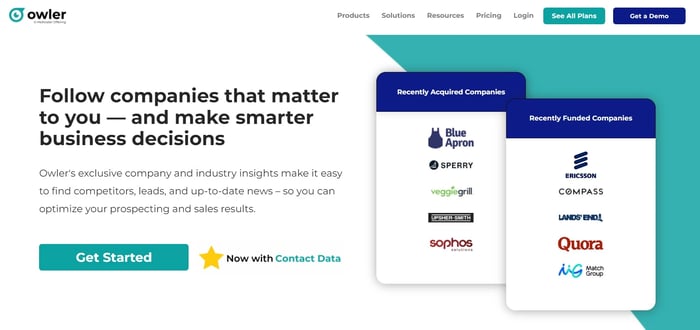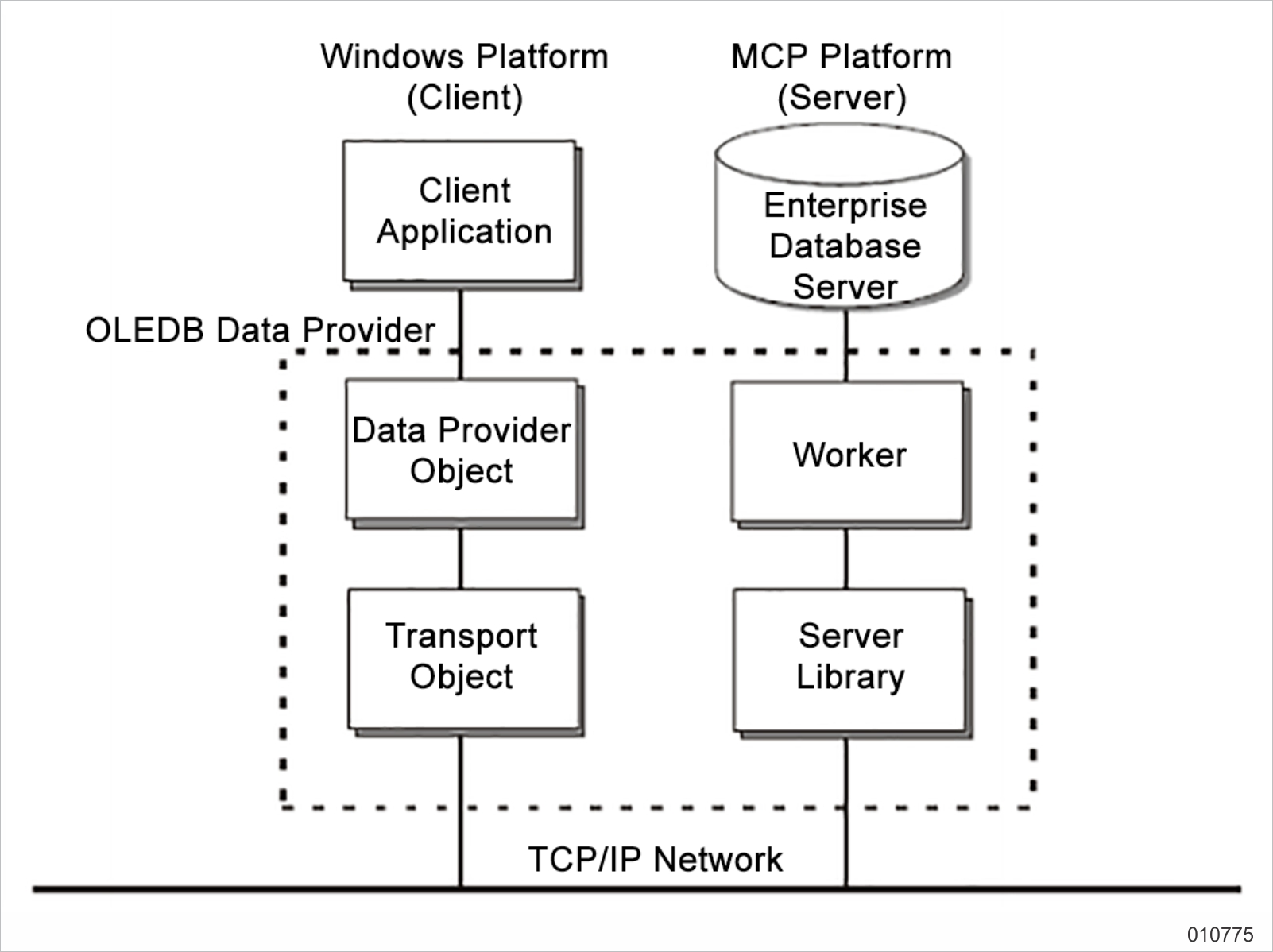Fads in Database Providers: What to Expect in the Upcoming Years
Fads in Database Providers: What to Expect in the Upcoming Years
Blog Article
Trick Functions to Seek When Selecting a Database Supplier
Selecting a data source copyright is an essential decision that can considerably influence your company's operations and data monitoring strategy. Among the crucial attributes to consider are scalability alternatives, which guarantee that your system can adjust to expanding demands.
Scalability Options
When picking a database provider, recognizing scalability options is vital to making certain that the picked solution can accommodate future growth. Scalability refers to the capability of a data source system to broaden its ability and efficiency in reaction to raised demand. There are 2 main kinds of scalability: horizontal and vertical.
Upright scalability, or "scaling up," entails boosting a solitary server's resources, such as CPU, RAM, or storage space. This method can be uncomplicated and affordable for smaller applications but may reach a limitation where even more upgrades are too costly or unwise.
Horizontal scalability, or "scaling out," includes adding more web servers to disperse the tons. This approach permits greater versatility and can suit significant boosts in data volume and individual web traffic (database provider). It is especially useful for cloud-based database options that can dynamically assign sources based upon demand

Protection Measures
When evaluating protection procedures, think about the implementation of security methods (database provider). Data-at-rest and data-in-transit security are necessary to guarantee that delicate info remains safeguarded, even in the event of a safety breach. In addition, search for suppliers that provide strong authentication systems, such as multi-factor verification (MFA), to further improve access control
Routine safety and security audits and conformity with industry standards, such as GDPR or HIPAA, are a sign of a supplier's commitment to data protection. Furthermore, ask about their case response plan; a durable strategy can decrease the impact of any kind of potential protection occurrence.
Performance Metrics
Assessing efficiency metrics is important for organizations to ensure that their picked data source supplier fulfills operational demands. Secret efficiency metrics consist of action scalability, time, and throughput, which jointly identify the efficiency of database operations under varying tons.
Feedback time is essential, as it mirrors how quickly the database can process questions and return outcomes. Organizations needs to look for metrics that suggest ordinary feedback times throughout optimal and off-peak hours. Throughput, typically measured in web link transactions per second (TPS), provides understanding right into the database's capability to deal with high quantities of requests without performance deterioration.
Scalability assesses the data source's ability to grow with the organization's demands. A robust database provider must demonstrate horizontal and upright scaling capabilities, enabling smooth changes as demands vary. Additionally, comprehending latency, specifically in distributed systems, can assist organizations assess the responsiveness of the database across different geographical locations.
Customer Assistance
Trusted client support is a keystone of efficient database management, giving companies with the support required to optimize and settle problems efficiency. When choosing a data source supplier, assessing the degree of customer support they provide is important. A robust support group should include multiple channels of interaction, such as phone, email, and live chat, ensuring that individuals can access aid whenever they need it.
Furthermore, receptive assistance teams that are available 24/7 significantly improve the integrity of the data source solution. Motivate feedback times and efficient resolution of issues can dramatically reduce downtime and boost overall efficiency. It is likewise useful to take into consideration the accessibility of specialized support personnel, who can provide customized assistance based on an organization's particular requirements.

Rates Structure
When taking into consideration a database copyright, the prices framework is a critical factor that can dramatically impact a company's spending plan and general approach. A transparent and versatile pricing design is essential for lining up the database sets you back with organization requirements - database provider. Organizations needs to evaluate whether the pricing is based on usage, per customer, or a level price, as each design can generate various economic effects over time
It is very important to examine any kind of extra expenses linked with the provider's services, such as information storage fees, purchase expenses, and support costs. Some providers might offer tiered prices, permitting scalability as the organization expands, while others could impose stringent limitations that can become pricey as data demands enhance.
Furthermore, companies ought to consider the lasting worth of the database solution. While reduced preliminary rates can be enticing, they may not account for future upgrades, maintenance costs, or combination prices. Conducting an extensive cost-benefit analysis will aid recognize the most suitable prices framework that stabilizes performance, assistance, and scalability, ultimately making sure that the picked database supplier aligns with the company's financial and operational purposes.
Final Thought
To conclude, selecting a database copyright necessitates cautious factor to consider of numerous crucial attributes. Scalability alternatives make certain adaptability to future growth, while robust safety and security actions guard delicate information. Assessing efficiency metrics allows the identification of efficient databases, and available customer support improves the overall individual experience. A transparent rates structure even more adds to educated decision-making. By extensively analyzing these factors, organizations can make calculated choices that straighten with their operational requirements and lasting purposes.
Selecting a database company is an important choice that can substantially influence your company's data and procedures monitoring approach.When selecting a database copyright, understanding scalability choices is essential to ensuring that the picked remedy can suit future growth. When selecting a data source company, evaluating the level of customer my sources support they supply is essential.When considering a database service provider, the prices structure is an essential variable that can dramatically impact an organization's budget and overall method. Conducting a thorough cost-benefit evaluation will assist recognize the most suitable pricing framework that balances assistance, scalability, and efficiency, eventually guaranteeing that the picked data source company aligns with the company's functional and financial goals.
Report this page